In a disturbing revelation that has alarmed both humanitarian watchers and law-enforcement agents, former Nairobi Governor Mike Sonko uncovered a group of individuals allegedly orchestrating a sham funeral-fund collection outside a morgue in Nairobi. The incident signals a growing trend of deceit targeting vulnerable citizens and exploiting death for financial gain.
The Scheme Unveiled
Sonko says the group approached him near a city morgue carrying notebooks and making earnest appeals: they claimed to be preparing to bury a five-year-old child who had supposedly died in a hit-and-run accident. They sought donations to cover morgue fees, transport and a coffin.
Suspicious of their story, Sonko instructed one of his aides to accompany them into the morgue for verification. While the aide followed instructions, he captured audio of the group plotting to deceive Sonko—”Once Sonko sends the money, we’ll share it and disappear,” one alleged member was overheard saying.
When confronted, the group fell silent. Sonko then publicly rebuked their “shameful” conduct, warning they were “joking with death” and must cease exploiting funerals for personal gain. He added he would only assist them if they re-organised into a legitimate enterprise, cautioning “I will only donate for business, not for bad habits.”
Why This Matters
- Preying on grief: Exploiting funeral proceedings and morgue interactions places the most vulnerable — grieving families — at risk of financial abuse.
- Security vulnerabilities: A large number of people operate around morgues and funeral homes; the lack of tight registration and oversight makes them ripe targets for fraud.
- Trust erosion: Public confidence in funeral-fund appeals and charity drives may suffer if scams of this nature are not exposed and prosecuted.
- Call for enforcement: Sonko’s exposure raises the question of whether regulatory mechanisms for funeral fundraising and morgue access are sufficient and enforced.
What Comes Next
Authorities are expected to launch investigations into the individuals involved, including verifying their identities, financial records and any link to previous fraudulent activities. Funeral homes and morgues will likely be placed under greater scrutiny regarding how public appeals are managed and who is permitted near the facility entrances.
Sonko’s public rebuke also sets a precedent: well-known figures willing to intervene may provoke tighter regulation and public awareness campaigns about the risks of welfare-fund appeal scams.

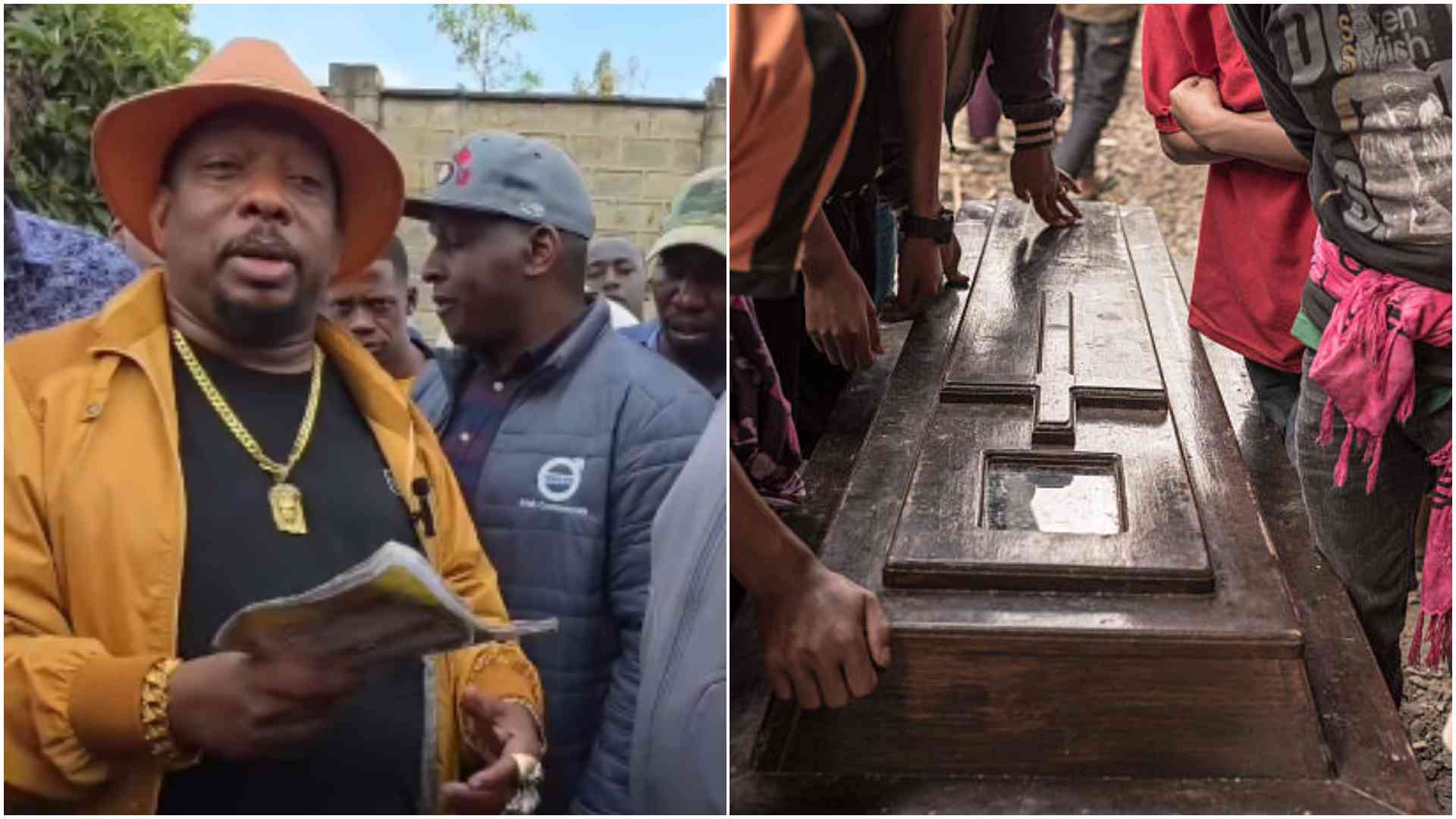

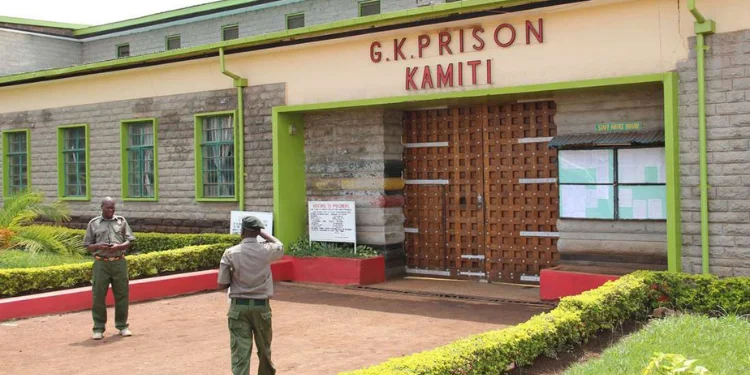



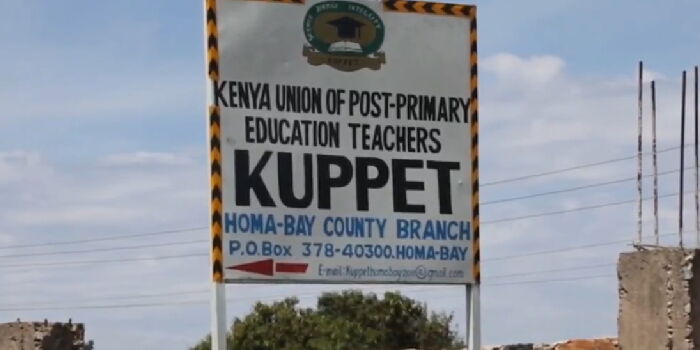

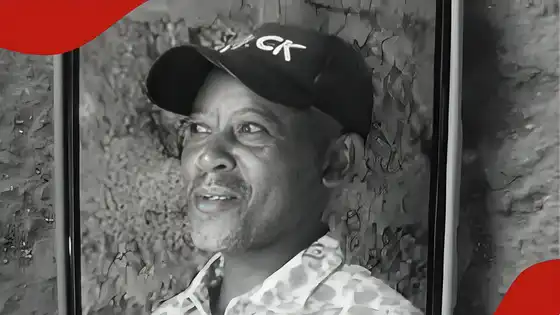

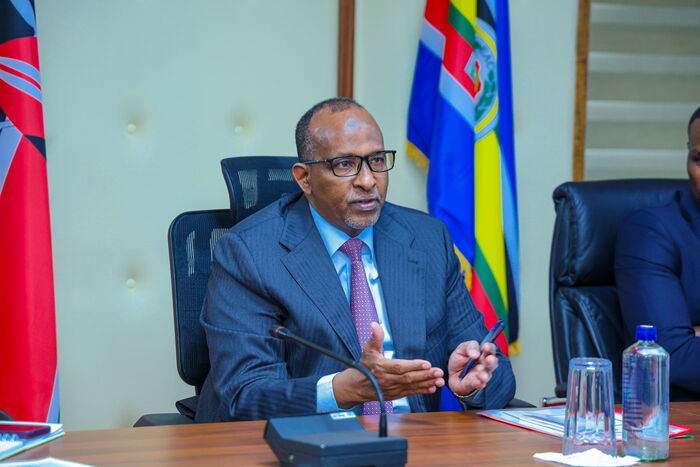

Leave a Reply